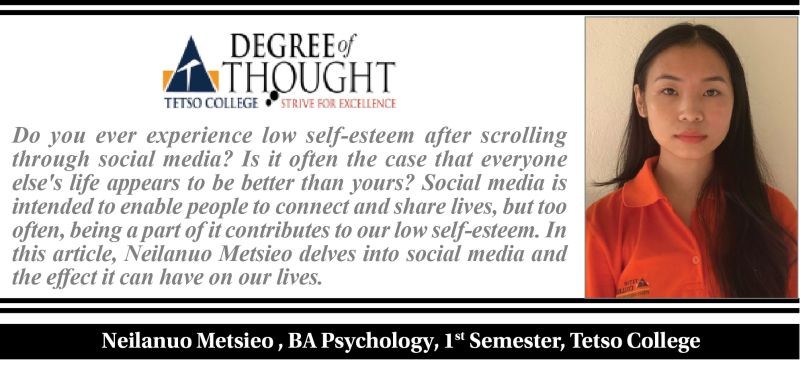
We are living in the age of information technology where we are blessed with ample resources of knowledge and, at the same time, face an overload of information. The surge of information we receive every day can be overwhelming and exhausting. No doubt, this era has brought more transparency to the world than before, and we are now exposed to all kinds of data and information. Communication has never been this easy, especially with the coming of social media platforms. Social media has become a part of our normal lives. Today, we find it difficult to sustain ourselves without the use of social media. Every disruptive invention follows the same trajectory. For hundreds of years, humanity managed to live in one way until an innovation entered the market and introduced a convenience that gradually became a necessity in our daily lives. Just like we evolve genetically, we have further evolved ourselves technologically, albeit in an offbeat way. Social media has taken the world population by storm. It's fascinating to see how social media is now playing an important role in our lives, from economy to politics, education to career opportunities, and so on. Everything we do relies upon the use of social media platforms. We share and update our lives not only with our friends and family, but also with people from all over the world without any geographical barrier. However, with such power comes the negative impact as well.
Many research studies have discovered that using social media can cause social anxiety. Social media spreads information across borders faster than any other medium, but it also spreads untrustworthy and false information. Along with new online activities and culture, new crimes emerge. We have witnessed the rise of cyber-bullying, cyber-stalking, trolling, and so on, and many studies have concluded that it is common, especially among the younger generation. Social media platforms now offer a variety of filters for image enhancement and modification. People can selectively construct their own narratives that are frequently misleading representations of reality, and especially among the youth. This leads to amplifying or causing a feeling of not being enough.
Numerous events—from traumatic experiences as a youngster to encounters in adulthood—can ignite feelings of inadequacy and lead to developing an inferiority complex. Moreover, negative online activities and engagement can also significantly decrease self-esteem. Our lives can be greatly affected by inferiority complexes, which frequently cause us to miss out on wonderful opportunities in our lives and sap our potential and confidence. Social media users, especially those with an inclination for social comparison, should be mindful when using the platform and must make attempts to refrain from often comparing their achievements and abilities with those of others. It is important that we engage in conversations about it, and be aware of the things that could intensify those emotions, whether they're online or offline. Kristen Bell, a Hollywood actress, stated that she overcame inferiority complexes by not giving "consent" to people who make her feel inferior. Maybe that's where the lesson begins! And again, even if we feel we do not have the strength in our capability, it is with faith that we can put our trust in God's ability. As Jeremiah 17:7 says, "But blessed is the one who trusts in the Lord, whose confidence is in Him.
Degree of Thought is a weekly community column initiated by Tetso College in partnership with The Morung Express. Degree of Thought will delve into the social, cultural, political and educational issues around us. The views expressed here do not reflect the opinion of the institution. Tetso College is a NAAC Accredited UGC recognised Commerce and Arts College. The editors are Dr Hewasa Lorin, Dr Aniruddha Babar, Khangpuiliu Pamei, Rinsit Sareo, Meren and Kvulo Lorin. For feedback or comments please email: dot@tetsocollege.org.






